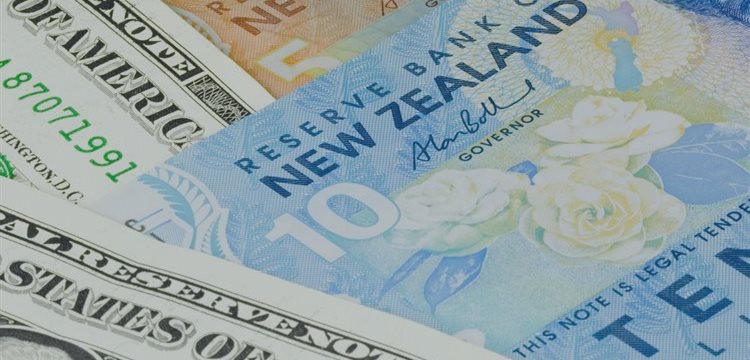On Wednesday the kiwi dollar climbed against its U.S. counterpart on Wednesday, to trade close to a one-month high as remarks by Fed Chair Janet Yellen weighed heavily on demand for the greenback.
The New Zealand dollar was also underpinned by data showing the
China HSBC Flash Manufacturing Purchasing Managers' Index beat initial estimates.
NZD/USD hit 0.7563 during late Asian trade, the pair's highest since February 19; the pair subsequently consolidate at 0.7546, gaining 0.73%. The pair was likely to find support at 0.7422, Tuesday's low and resistance at 0.7712, the high of January 21.
The U.S. dollar was pressured after Fed Chair Yellen said it was "unlikely" that economic conditions would warrant an interest rate increase for "at least the next couple of FOMC meetings". Yellen added that if the economy keeps improving as the Fed expects it will modify its forward guidance, but emphasized that a modification of its language should not be read as indicating that a rate hike would automatically happen within a number of meetings.
Yellen said economic growth was expected to be strong enough to result in a further gradual decline in the unemployment rate and added that while overseas risks remain "the recent decline in world oil prices could boost overall global economic growth more than we expect."
Later in the day, the U.S. was to release data on new home sales.
The kiwi was also broadly supported after data showed that the China HSBC Flash Manufacturing Purchasing Managers' Index rose to 50.1 this month from 49.7 in January, beating expectations for a decline to 49.5. China is New Zealand's second biggest export partner.
The NZ dollar edged higher against the Australian dollar, with AUD/NZD slipping 0.13% to 1.0439.
Also Wednesday, the Australian Bureau of Statistics reported that construction work done slipped 0.2% in the fourth quarter of 2014, confounding expectations for a 1.2% decline. The third quarter's figure was revised to a 2.8% drop from a previously estimated 2.2% fall.
A separate report showed that Australia's wage price index rose 0.6% in the last quarter, in line with expectations and after a 0.6% gain in the three months to September.



